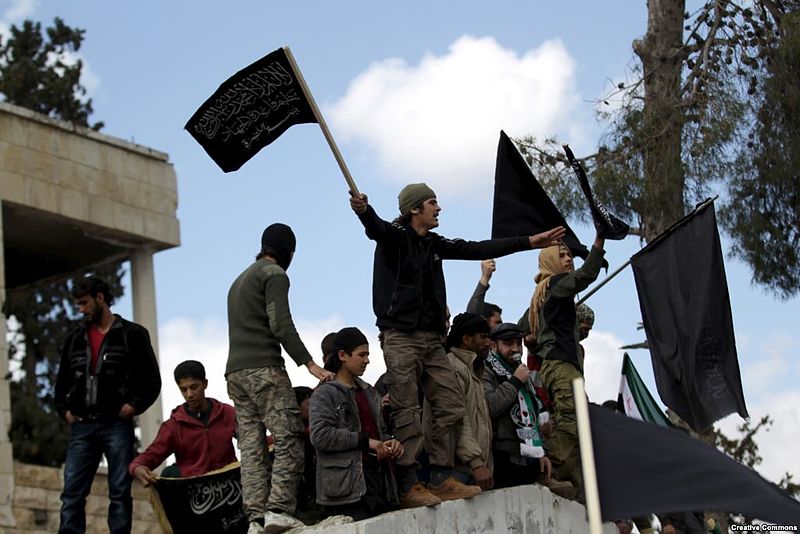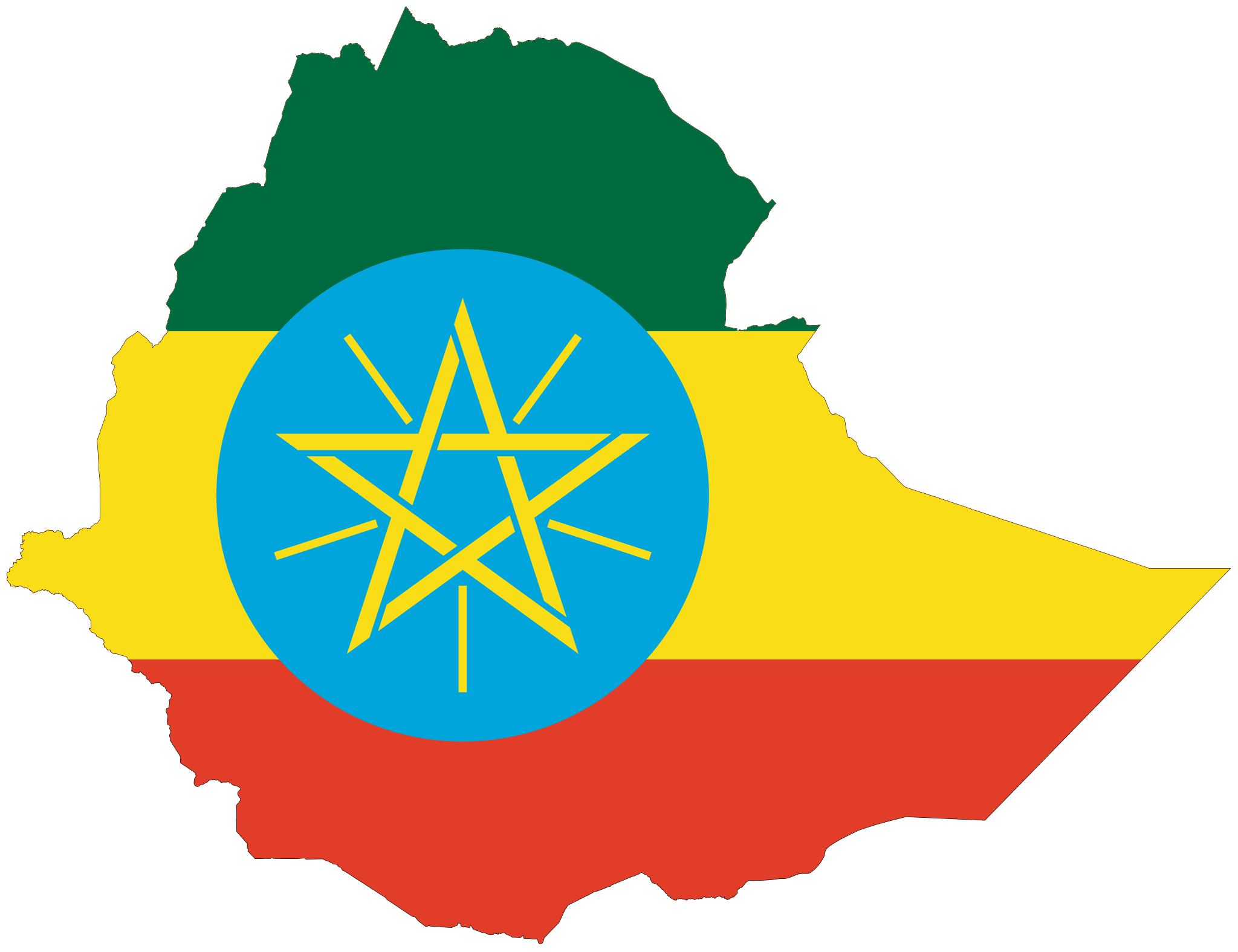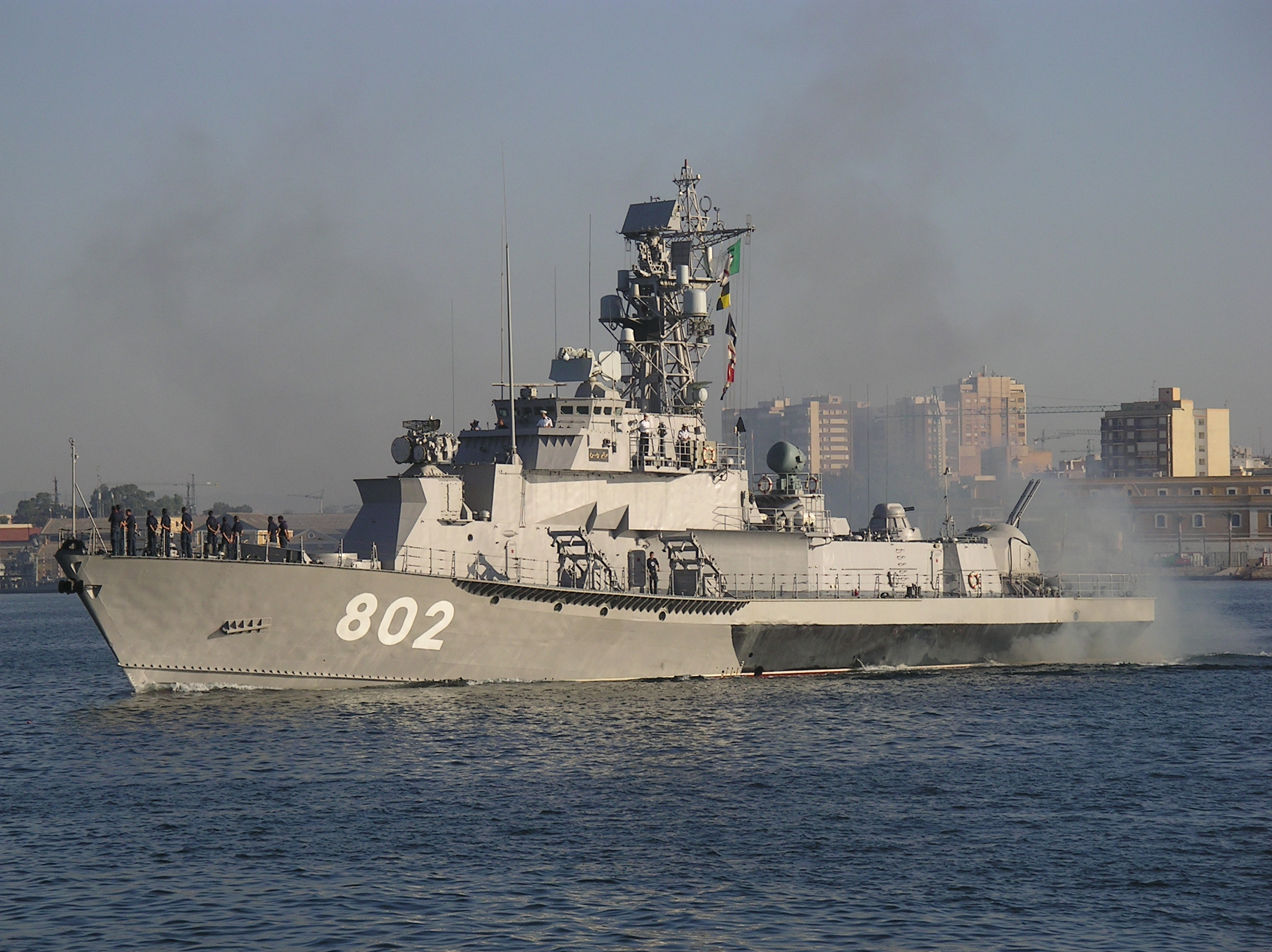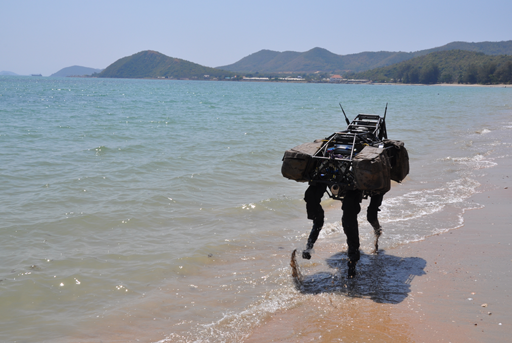Following the surprising seizure of Mosul by the so-called Islamic State of Iraq and Syria (ISIS) in the summer of 2014, Al Qaeda’s monopoly on global jihad was severely compromised, with some commentators describing the rise of ISIS as making “Al Qaeda look like tired old has-beens.” Nearly two years later however, Al Qaeda has reemerged at one of its strongest positions in a decade while ISIS has shed 40% of its territory in Iraq and 20% in Syria. Furthermore, ISIS faces an increasingly hardened military effort to push the group out of its strongholds in Mosul and Raqqa.
While ISIS began to erode shortly after its stunning series of victories in Iraq and Syria, Al Qaeda has made less ambitious, but more consistent progress in solidifying itself in Syria. Most recently, this methodical approach, combined with the group’s increased competition with ISIS, culminated in Al Qaeda’s leader Ayman al-Zawahiri’s to approval of the creation of an Al Qaeda-led Islamic State in Syria.
As Al Qaeda plans on forming an Islamic State of its own in Syria, how will this project be achieved and how will this new state affect the competition for the leadership of global jihad?
The Battle for Dominance in Syria
Like a pyramid scheme, the success of ISIS was based on providing grandeur for its followers while maintaining an unsustainably rapid pace of recruitment and territorial expansion. As ISIS has been dealt significant military losses and is unable to provide basic essentials for its population, the Caliphate’s once invincible message has dissipated along its geographic footprint. In an interview for the Daily Beast in late-2015, a former ISIS spy discussed the dwindling state of recruits noting, “We had like 3,000 foreign fighters who arrived every day to join ISIS. I mean, every day. And now we don’t have even like 50 or 60.”
In contrast to this, Al Qaeda has harnessed its experience in numerous theatres of conflict to build its formidable Jabhat Al Nusra front in Syria. To complete this, the front has used a grassroots approach that comprises of social services, public events and the phasing in of judicial systems built on sharia law. By harnessing the power of local recruitment, and not relying on surges of foreign fighters, Al Nusra has built a more sustainable foundation of support. Al Nusra gained 3,000 recruits since March 2016, in part by its staunch opposition to a UN-brokered Syrian ceasefire.
Another important contrast to ISIS has been Al Nusra’s focus on integrating, not purging its competition. In doing so, and in importing arms and experienced fighters from the Al Qaeda network, the front became a major power broker among rebel factions, which was critical in establishing itself within Jaish Al Fatah, the Army of Conquest.
The Army of Conquest comprises numerous major factions in Syria, of which Al Nusra is one of the largest and most powerful. The alliance has also secured the support of Saudi Arabia, Qatar, and Turkey, while moderate factions working with the alliance receive support from the United States and its allies. The Army of Conquest has won significant victories against the embattled Assad Regime and with each battle won, Al Nusra has further fortified its leadership within the alliance towards the goal of forming a Syrian emirate. As noted by a commander of the Free Syrian Army (FSA), Al Nusra has played an increasingly prominent role in recent victories, allowing the group to dangerously expand its political clout. The FSA also warned that Al Nusra has inched toward a restructuring of the Army of Conquest in its favour, further evidence of the groups expanding influence and assertive role in Syria.
Stopping Islamic State 2.0
As Al Qaeda moves arms, funding, and personnel to bolster expanding influence in Syria, the likelihood of a second Islamic State continues to grow. By seeking to establish an Islamic State of its own, Al Qaeda will fundamentally test ISIS’ state-building methodology and its rival’s political credibility. This overt challenge will further entrench violence between both organizations in Syria, and also, increase the likelihood of terror attacks abroad as each group will seek to enforce its respective relevance as the leader of the global jihad movement.
Though the Al Nusra front is already a large organization with societal structures that could support a state, the greater danger is allowing Al Qaeda to steer its alliances, the Army of Conquest, into its cause. Al Nusra has not been a constructive partner for peace in the alliance, and has continually undermined efforts for ceasefires and peace talks for its own gain. To this end, though the Al Nusra front has been important in winning victories against the Assad regime, the long-term cost of supporting an alliance where Al Qaeda can spread its influence is enormous. To halt the advance of an Al Qaeda-led Islamic State, the West and allies must use their respective influence over Syrian rebel factions to discourage them from working with the Al Nusra front. In focusing on isolating, not integrating Al Nusra in Syria, the West and allies can begin to undermine Al Qaeda’s state-building project, while encourages factions that may be more constructive partners in peace for Syria.
Photo: Al-Nusra Front members and a Free Syrian Army commander. Courtesy of Voice of America via Wikimedia Commons.
Disclaimer: Any views or opinions expressed in articles are solely those of the authors and do not necessarily represent the views of the NATO Association of Canada.




